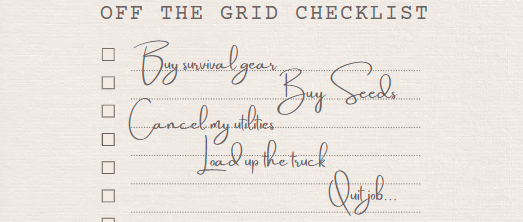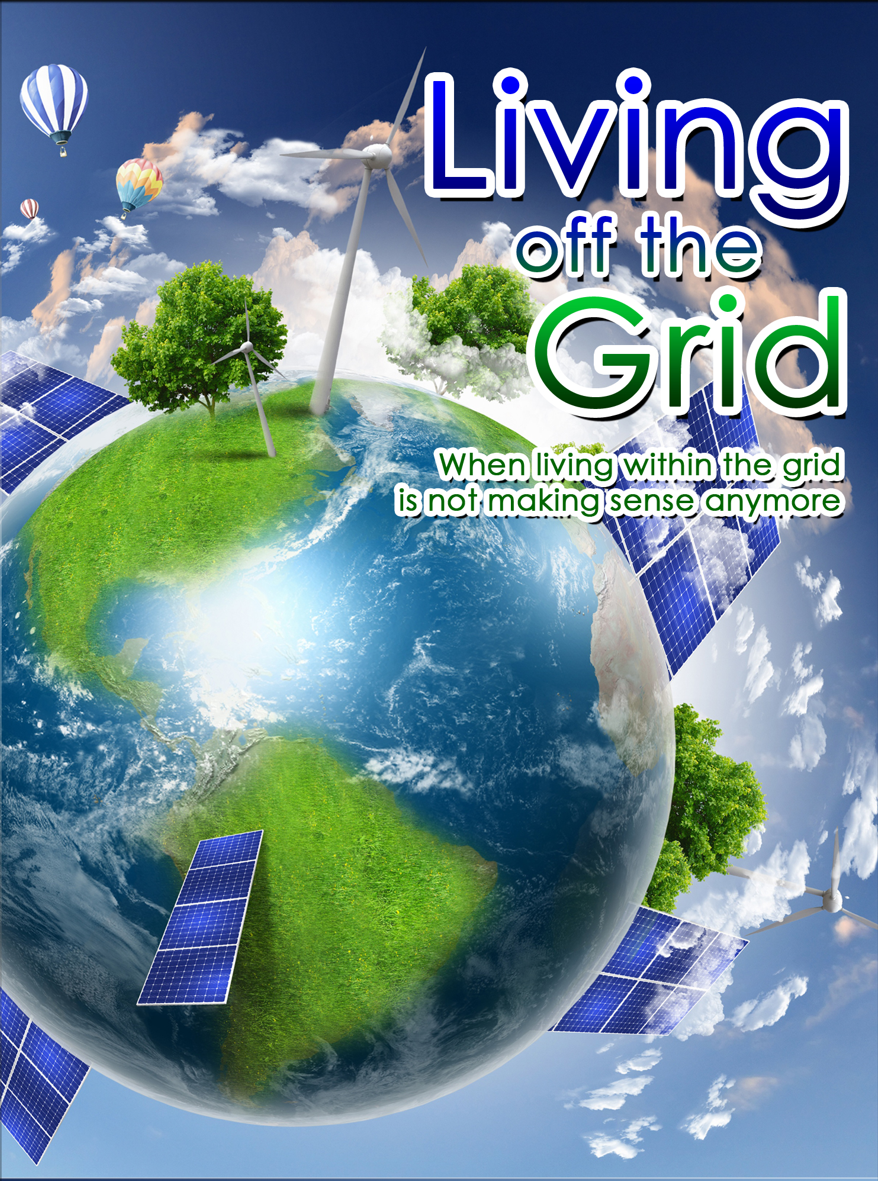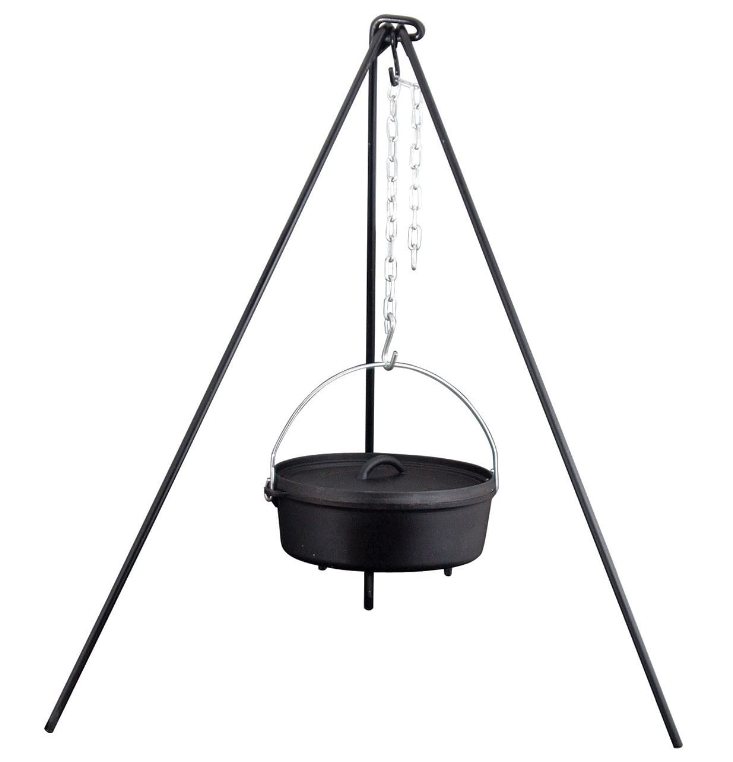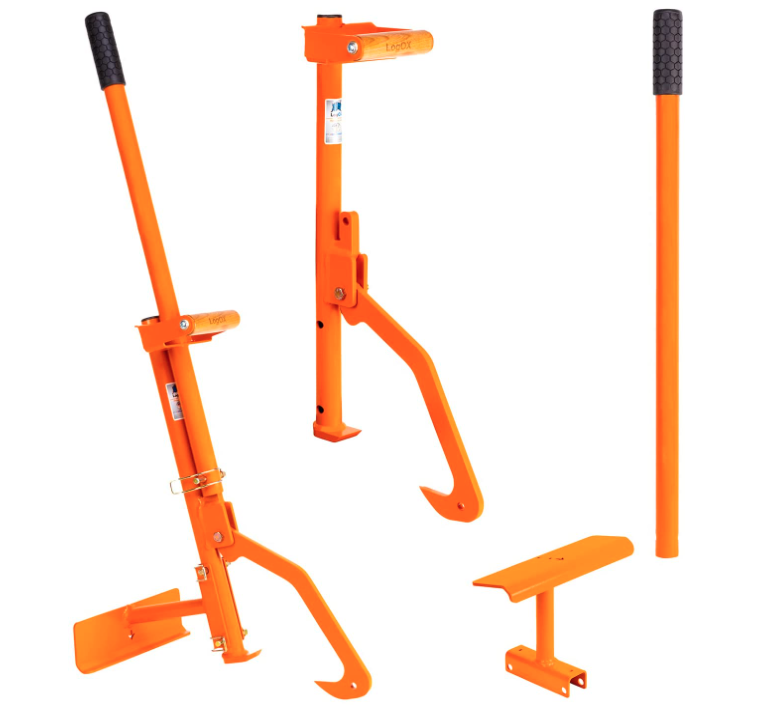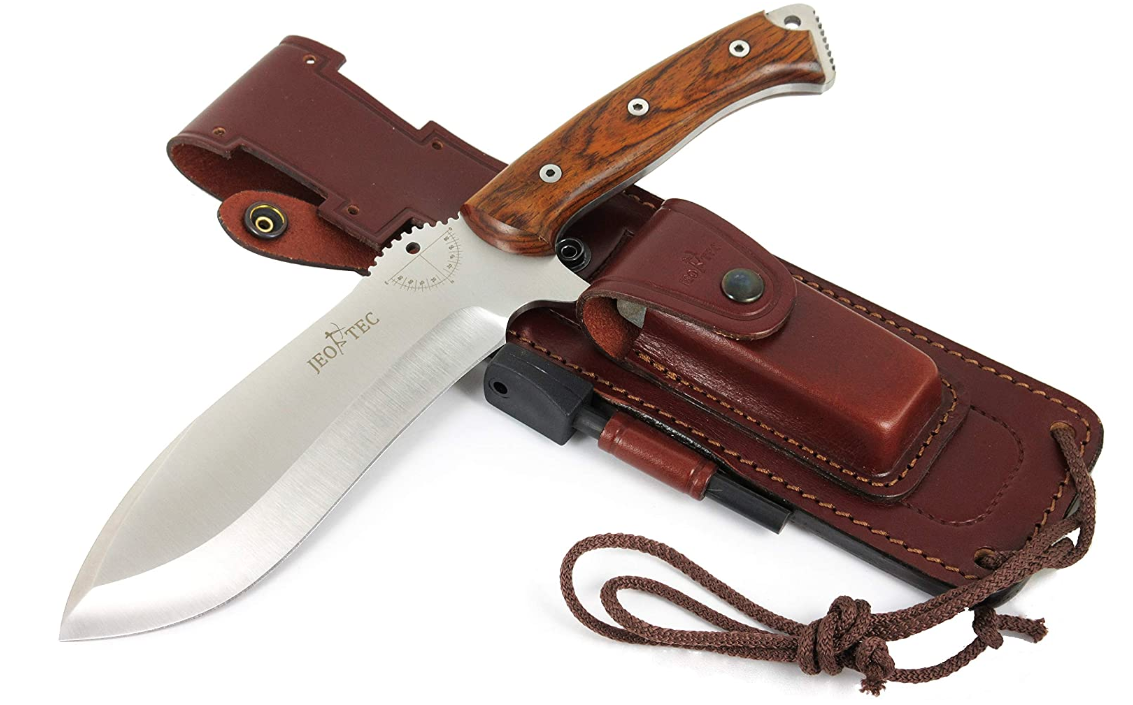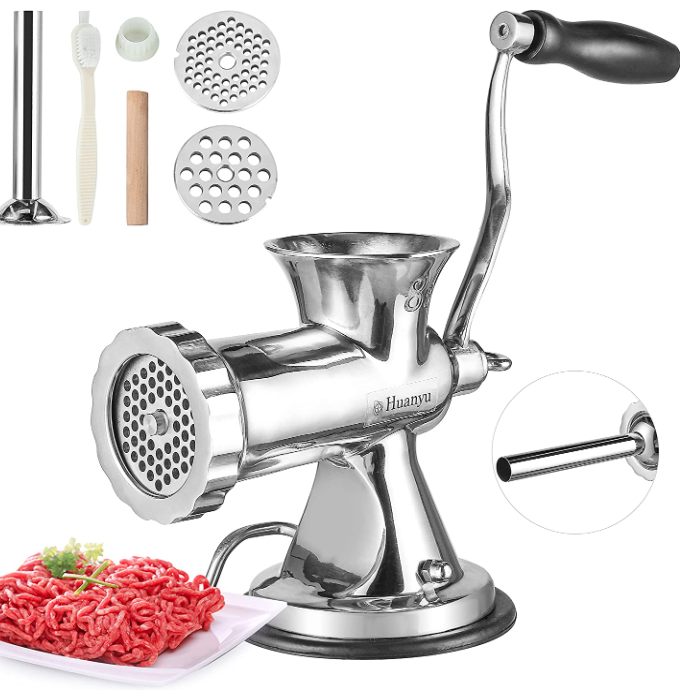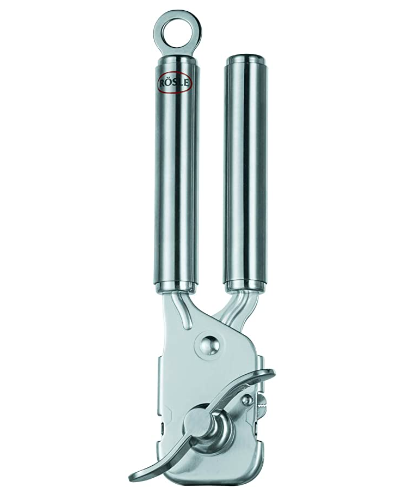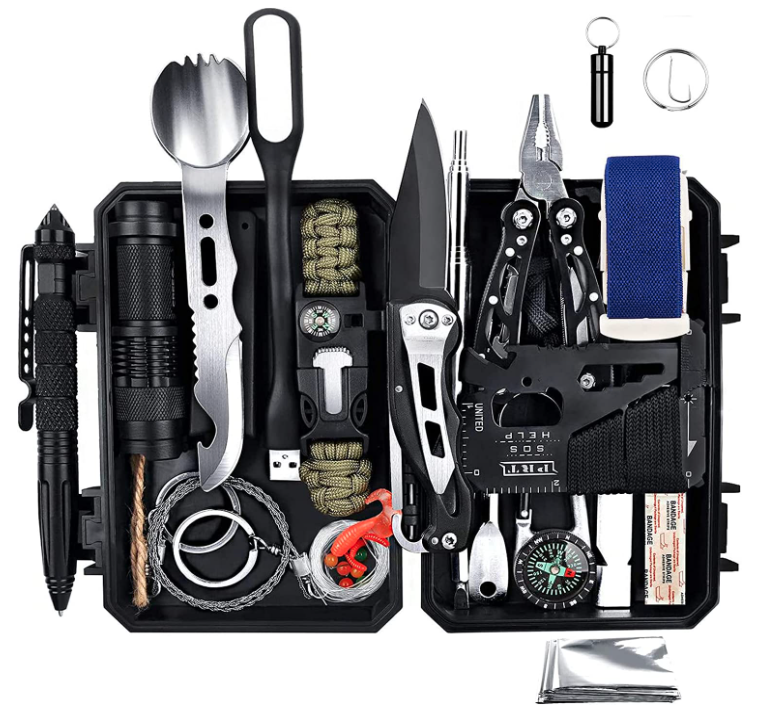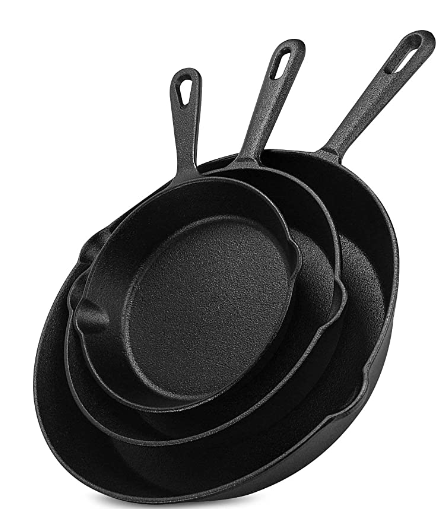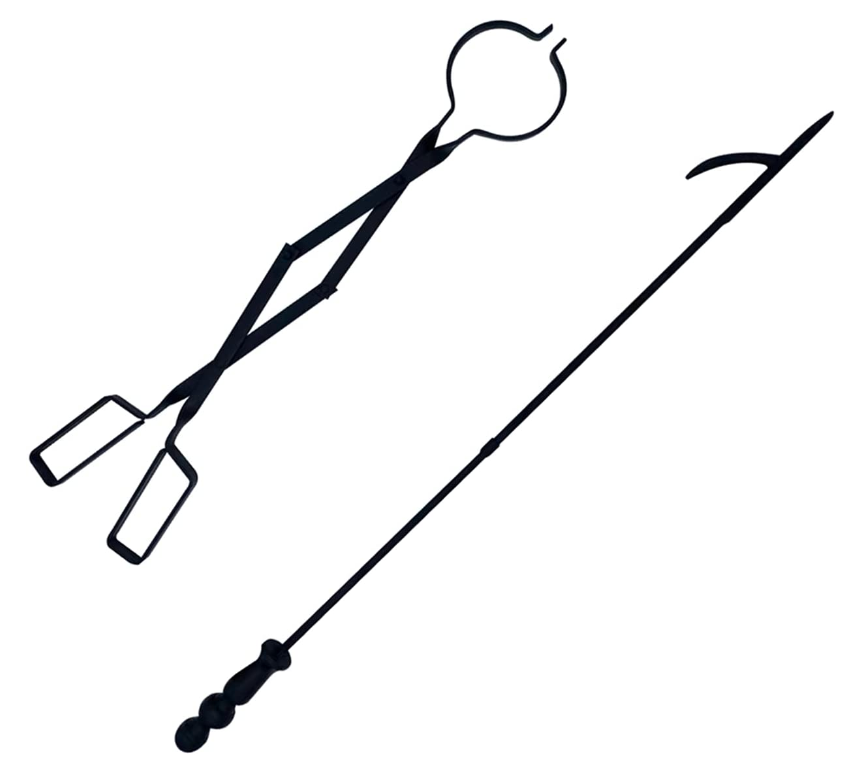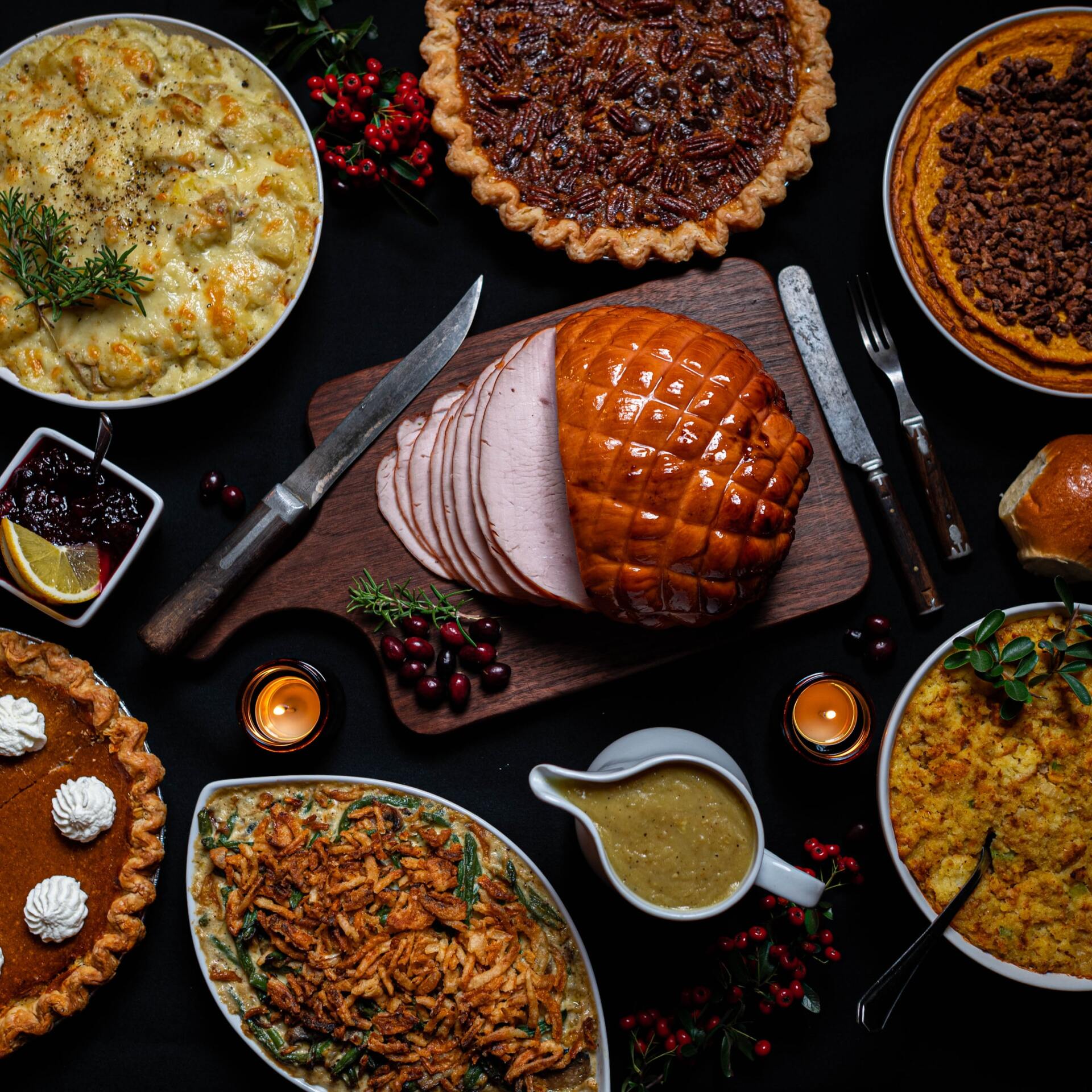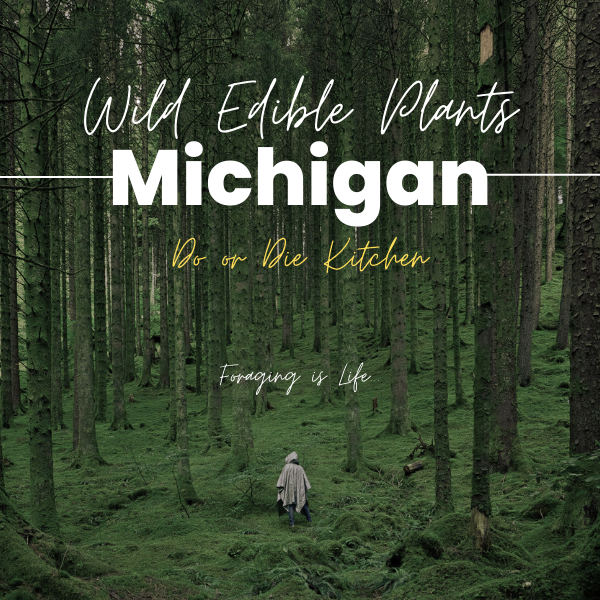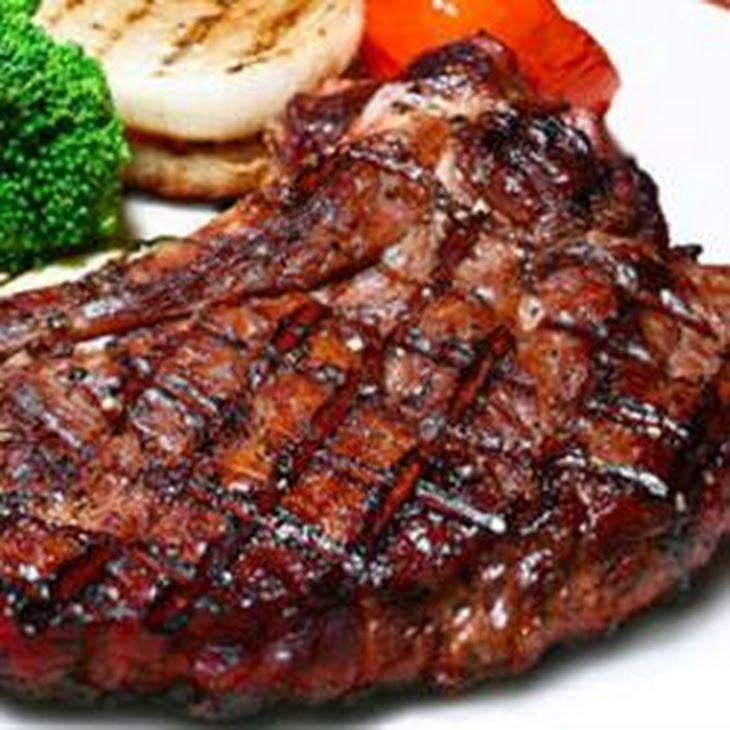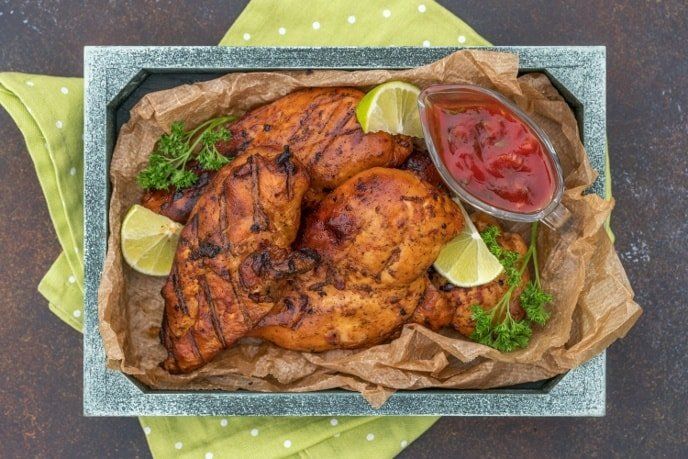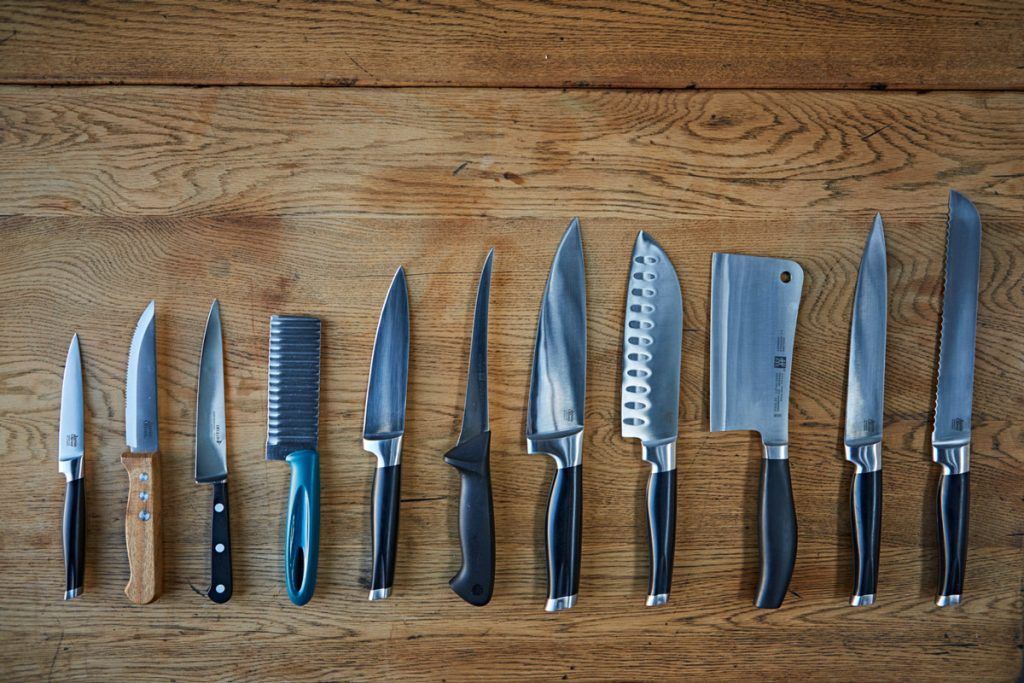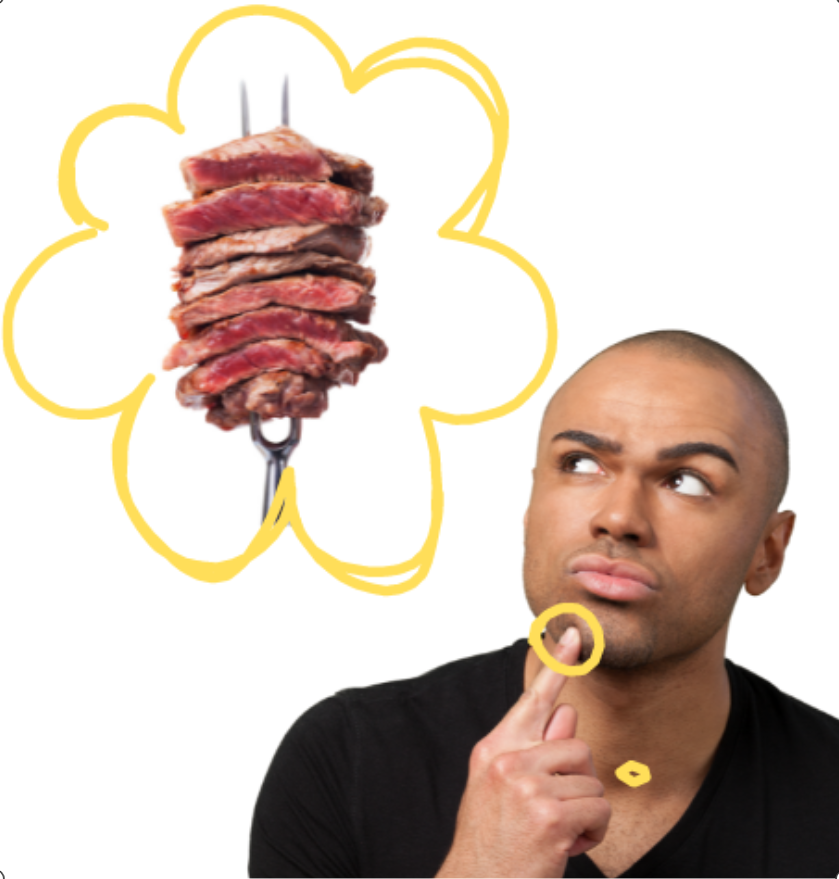Things To Consider
Cost
Going off the grid isn’t free! Your biggest investment will be upfront. Once you have the necessary equipment and supplies the rest is just maintenance. The cool thing about living off the grid is you can still earn money. These days you can sell your experience online via YouTube, learn how to make organic products from nature that you can sell online, eBooks, How-To Guides, Blogging, the list is endless. As you can see there are plenty of ways to keep money flowing in. See the “Preparation” section below for more details.
In addition to the products and supplies you will need, you should also put some money into savings. Whether you keep it with you or in a bank is up to you. I would personally recommend that you use a bank for your savings, there’s no rule saying that off the grid’ers can’t take advantage of modern banking.
While it wouldn’t hurt to invest more, you can get started (assuming you already have reliable transportation and a place to live) with as little as $20,000. This includes equipment ($10,500), Savings ($6,000), Miscellaneous ($3,500). These figures were loosely based on calculations made while putting the products list together, along with miscellaneous expenses along the way. $6,000 seemed like a nice round number to have as an initial emergency fund. Again, these numbers are oversimplified and that should be taken into consideration. You definitely understand the full weight of your monthly financial obligations and go from there.
For you fully Off The Grid Folks (more details below in “Equipment Check”) the venture is going to be a lot more expensive. This is because those who are fully off the grid have all the modern conveniences at their disposal to truly be self-sufficient. Most people have to work their way up to this point, and for those who are able to afford to go Fully Off The Grid straight away, budget limitations are usually not much of a concern.
Daily Routine
Living off the grid is not for the lazy. It will require consistent execution to the task at hand, ensuring that you stay ahead of the challenge. This means having a schedule that determines when you wake each day and what tasks you are to complete. If the idea of sleeping in is your ideal life then this probably isn’t the one for you.
More specifically there is the gathering of supplies such as wood and water, hunting, repairs, general maintenance, waste management, security checks, and so forth. Not every day will require such an extensive application of tasks but there would need to be something happening in order to ensure that order is maintained.
Emergency Plan: In the event something unfortunate happens and you live far away from other people, you need a way in which to make contact with someone who can help. This means having a reliable means of communication such as a cell phone or radio with the ability to communicate your situation and position. There’s no need to live without the convenience of the modern world, especially when your life may one day depend on it.
Equipment Check
- Power Supply
- Water Supply
- Waste system
- Weapon(s)
- Gardening tools
- Outdoor Book(s)
- Map
- Emergency equipment: First aid, cell phone, radio
- Fire management tools: Heat resistant gloves, fire poker and tongs
There’s a long list of things one would need when choosing to go off the grid. To extent you choose to remove yourself from the rat race will greatly determine what stuff you will need. So choose accordingly. Here are the four types of Living Off The Grid:
- Rugged Living (roughing it): This is basically packing your bags and heading into the woods where you setup a small and simple shelter for security and warmth. You will need a clean water source nearby and a generator or solar power for power whenever you need it.
- Partially Off The Grid: This includes living in a small home such as a cabin in the woods that may be attached to the water system but not the energy grid. For the most part such living would be self-sustained with a basic reliance on external support for utilities.
- Fully off The Grid: Living all the way off the grid requires a secure structure such as a cabin or something comparable, with all of the previously mentioned amenities along with a clean water source. There is zero reliance on the government or company for one’s needs. The power supply is either solar, hydro or gas, and most commonly supported by very expensive equipment. In other words, this is a fully self-sufficient situation that will require quite an investment upfront.
- Stay-Put Off Grid’ers: Another option, and for many perhaps the most sensible, is to stay right where you are. This would require that you gradually, or all at once, make adjustments to your home that allow you to become more and more self-sufficient.
Food
Depending on your situation you may or may not have access to a grocery store. In the event you don’t, or simply prefer not to use a grocery store, you will need to be able to hunt and fish. This is where your chosen location matters a lot (more on geography in next section). Either way, as an off the grid’er it only makes sense to learn how to grow your own food if you don’t already. Furthermore, the more you are able to supply your own meals the less dependent you are on others (which is the entire point). In additional to securing food it would help that you be able to store your food as well. Most off the grid’ers use some type of power supply, making it easy to simply plug in a simple refrigeration system to keep your perishable goods fresh longer.
Geography
Location, location, location! This is so important. Choosing the right location will either set you up for success or failure. The location you choose should have a water source nearby, and you want to try and avoid steep cliffs if possible. That includes settling at the top or at the bottom of one. If you live on top you run the risk of one day tumbling down, if at the bottom of something else tumbling onto you.
You should also consider things such as building codes that will allow for a more convenient transition on your behalf. Other considerations are climate (avoid extreme weather areas), healthy soil for crops, limited predators (I would avoid living where there are grizzlies, wolves or mountain lions, if at all possible).
A few ideal locations include: Alabama, Alaska, Arkansas, Colorado, Georgia, Hawaii, Indiana, Kentucky, Louisiana, Missouri, Tennessee, Texas and North & South Carolina.
Health
If you have health conditions that you must consider, be sure to stock up on the necessary medications required if you find yourself far away from populated areas. This way you will have to make less trips for refills, saving you time and energy. It might be a good idea to learn about what plants, bugs and other things in your desired region may have an adverse effect on your health as well. Lastly, find a way to exercise regularly. Living off the grid requires work and you want to remain nimble and strong.
Local Zoning Laws & Regulations
For every state and county you will find a different set of zoning laws and other regulations that either support or go against your desire to go off the grid. To save yourself a lot of money and time simply call ahead to inquire what limitations may exist when it comes to alternative living. You can ask questions such as; solar power requirements for homes. Building codes that must be adhered to... A good way to make sure you get answers to all of your questions is by informing the zoning office of your exact intentions and let them provide a full response to your request.
Power Source
There are three types of power sources available for use. They are Solar, Hydro and Gas. Your budget and location will determine which one works best for you.
Preparation
Perhaps the most important step you can take is properly educating yourself on the process and requirements beforehand. Of course you want to take into account your long-term goals. If you need to learn how to hunt for your good this is something you should begin practicing at least a couple years in advance. Hunting is a skill that requires time and patience to master, or at least become somewhat competent with it. The same goes for gardening, fishing and any other survival tactic you will need to support your new life as an off the grid’er.
Sanitation & Cleanliness
When it comes to sanitation you will need to determine whether or not you will use a septic tank, outhouse or composition toilet. This is yet another question that can be presented to the authorities. In this case it would be the Department of Natural Resources, Environmental Division. They will provide you with rules surrounding out houses, septic tanks and other forms of waste management that you may choose to exercise.
Other considerations is if you keep livestock and how exactly you will go about dealing with their waste. Fortunately livestock waste doesn’t require the same level of management that human waste does.
Regardless of your situation, having an efficient system of disposal as well as a method in witch you are able to wash items such as clothing, bedding and other personal affects will also need to be considered.
Security
Whether you decide to stay where you are or move to a remote location will determine the urgency for certain protections. I would advise anyone living away from populated areas to especially train with and carry self defense weaponry. Whether the potential threat is human or animal, it’s a good idea not to be caught without the ability to properly protect yourself. Before making a purchase, though, you should check with the local sheriff’s department with regards to laws surrounding firearms and other self defense items.
Water
Water is perhaps the single most important thing to consider. We can suffer a good while in other areas, but when it comes to water we have a very limited window in order to survive. This is why it is so important to find a location near a water source such as a lake or river.
Other options include aboveground water tanks, connecting to the local water grid or drilling a well (of which can be time consuming and expensive). I can tell you that I personally had a well build and it was no small feat, to say the least.
Of course you will need to consider water filtration. There are several tools on the market available. Please see product list for more information.
Pros
- Independence & freedom
- Peace of mind
- Save money in the long-run
Cons
- Safety concerns (especially if you have children): If you live in a remote area and find yourself under threat you won’t be able to get help right away
- Legal concerns: If you have children this could earn you some unwanted attention from the courts who may feel the situation isn’t safe for their physical and mental well-being
- It’s expensive

